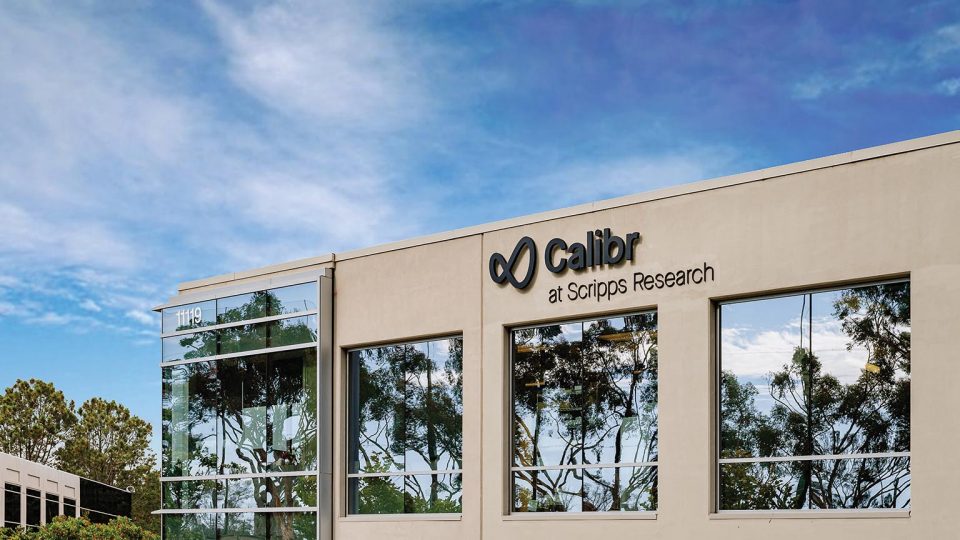Calibr, the drug development division of Scripps Research, has partnered with Wellcome Trust to launch the Integrated Drug Discovery Consortium for Neglected Tropical Diseases (IDDC-NTD).

The three-year, $24 million grant will support Calibr in leveraging innovative approaches to address some of the most challenging neglected tropical diseases across the globe.
The initiative is part of Wellcome Trust’s HIT NTD Flagship, which supports the development of exciting new products, technologies and other interventions to prevent or treat disease. The IDDC-NTD will harness Calibr’s existing drug discovery capabilities to advance medicines for a variety of pathogens pervasive in low-resource regions of the world.
“We’re very excited and thankful to partner with Wellcome to broaden our global health program and target important pathogens that collectively inflict a devastating toll on world morbidity and mortality,” says Case McNamara, PhD, director of infectious diseases at Calibr.
In parallel with other strategies, the program will utilize Calibr’s ReFRAME library, the world’s leading drug repurposing collection. Established in 2018 with support from the Bill & Melinda Gates Foundation, the ReFRAME collection was designed to tackle areas of urgent unmet medical need. It has since grown to comprise over 12,000 compounds, including drugs already known to be safe in humans for other indications.
Calibr additionally developed an open-source database containing preclinical and clinical data on these drugs, enabling the acceleration of new potential medicines into a patient setting without many of the obstacles typical to drug discovery. Since its inception, repurposed drugs have already been tested in clinical trials for tuberculosis and the parasite Cryptosporidium spp., a major cause of severe diarrheal disease.
As a partner of the HIT NTD Network, Calibr is integral to the Flagship program’s objective of supporting emerging technologies that can transform therapeutic development. These include the use of artificial intelligence, genomics and proteomics research, new reaction and drug delivery technologies, as well as advances in automation. The Flagship is also intended to serve as a hub for further innovation in this area, actively engaging a network of nonprofit and for-profit partners to grow a portfolio of promising new treatments.